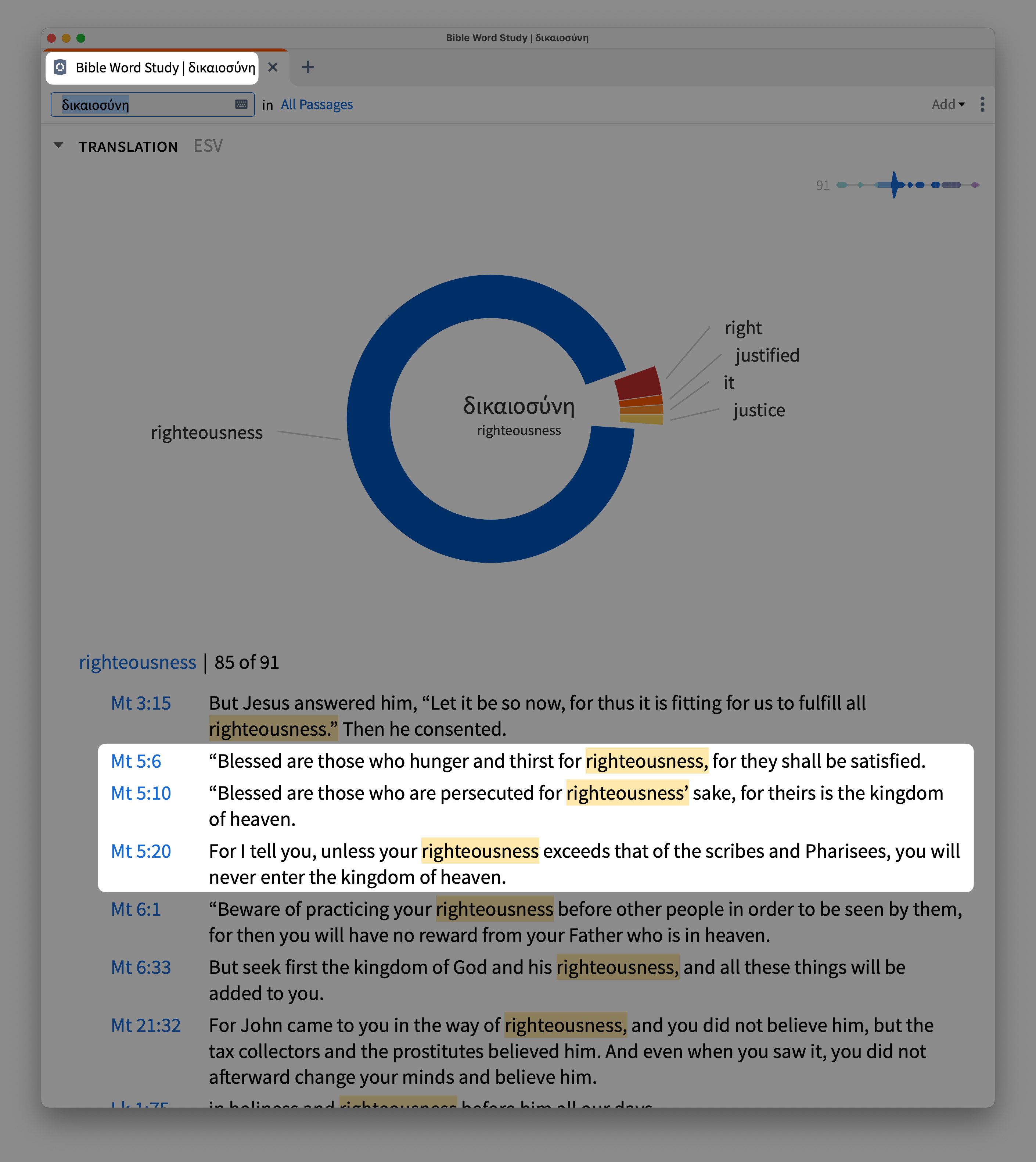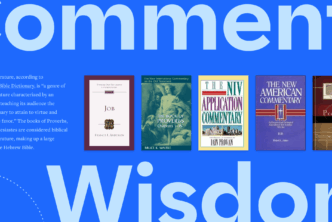It is natural at the turn of the seasons to reflect on the previous year. A question many of us may be asking during this time is: What’s next? What surprises await us in the coming year?
The truth is that we don’t know what the coming year has in store for us. It’s fair to say that we are all walking into the future in the dark—and the dark can be scary. The good news is that Jesus is a light that shines in the darkness of the unknown.
But finding Jesus in the dark isn’t always as simple or obvious as it sounds. At times it even feels as if Jesus is hiding from us. Does God hide from us? There are times in Scripture when God hides (that’s why “the word of the Lord was rare” in the days of Samuel; 1 Sam 3:1). But my experience is that God doesn’t hide from us, rather God hides for us. Something transforming happens in us as we seek a God who doesn’t initially seem to be present.
Jesus rejoiced about this “hidden God” in prayer: “I thank you, Father, Lord of heaven and earth, that you have hidden these things from the wise and understanding and revealed them to little children” (Matt 11:25 ESV).
Seeking God in the mystery of the unknown awakens us to the humility and curiosity of childlikeness. We end up finding God in places we would have never expected. Our relationship with God is like a lifetime journey of hide-and-seek. There have been times in my journey when God has found me and other times when I couldn’t find God in any of the familiar places I would look. I couldn’t find God in my ministry, worship, prayers, fasting, or Scripture reading. During these times, I needed guides to lead me to the presence of Jesus. Looking back I realize that I was seeking God with my head while God was trying to draw me with my heart. This is where God’s “kingdom guides” led me to the presence of Jesus.
Kingdom guides
Jesus introduces us to these kingdom guides—these people hidden by God in plain sight—in his famous Beatitudes. The Sermon on the Mount was much more than a sermon of familiar platitudes. The Sermon on the Mount was a subversive bomb that disrupted every known structure of power and privilege.
Matthew sets up the scene in the fifth chapter of his Gospel:
Seeing the crowds, he went up on the mountain, and when he sat down, his disciples came to him. (Matt 5:1 ESV)
It’s important to have the context of the audience that Jesus was speaking to. The crowd listening to Jesus was a group of (Jewish) people that were harassed and oppressed under the violent occupation of Rome. They were a people that were praying and longing for justice and deliverance to come.
Since the underlying theme of the Sermon on the Mount is justice, I want to highlight the three Kingdom Guides that I have been reflecting on recently. These guides are: those who hunger and thirst for righteousness, the merciful, and the meek. Another reason to focus on these three: they are a direct echo of Micah 6:8—do justice, love mercy, and walk humbly with God.
Those who hunger and thirst for righteousness
Blessed are those who hunger and thirst for righteousness, for they shall be satisfied. (Matt 5:6 ESV)
The Greek word translated “righteousness” (click here to do a Logos Bible Word Study on that word) is mentioned three times in the first twenty verses of the Sermon on the Mount, giving us a strong hint of the tenor of the sermon.

This Greek word means “the quality, state, or practice of judicial responsibility with focus on fairness.” It can be translated “justice,” “equitableness,” or even “fairness” (definitions from BDAG). Simply, righteousness is making the world right.
Righteousness includes personal piety; it is at minimum meeting your personal obligations to the world. But when Jesus in the Beatitudes blesses “those who hunger and thirst for righteousness,” he is not merely exhorting people to pursue a more virtuous and morally upright lifestyle. This incomplete, perhaps even anemic way of understanding the word also leads some readers astray at Matthew 5:10, “Blessed are those who are persecuted for righteousness’ sake.” How likely is it that such people are being persecuted for mere personal moral piety before God? No: “righteousness” is something more than, but not less than, personal piety.
This is why Jesus challenged his listeners to have a righteousness that exceeded the righteousness of the scribes and Pharisees (Matt 5:20): they were unhealthily focused on an individualistic personal piety—so much so that they were denying their obligations to the world. That’s why, later in Matthew, Jesus rebukes the Pharisees:
Woe to you, scribes and Pharisees, hypocrites! For you tithe mint and dill and cumin, and have neglected the weightier matters of the law: justice and mercy and faithfulness. (Matt 23:23 ESV)
Kingdom Guides hunger for personal piety and for justice that rolls down like waters.
Blessed are the merciful
Blessed are the merciful, for they shall receive mercy. (Matt 5:7 ESV)
I don’t believe it is a coincidence that “mercy” follows “justice” in both the Beatitudes and in Micah 6:8. It’s imperative that justice and mercy be held in tension.
Another place where the New Testament speaks of someone being “merciful” is in Hebrews 2:17—and look at the argument:
Therefore he had to be made like his brothers in every respect, so that he might become a merciful and faithful high priest in the service of God, to make propitiation for the sins of the people. (Heb 2:17 ESV)
Mercy is directly connected to our ability to be compassionate towards others, to join them in their suffering; to co-suffer with them. Even Jesus “had to be made” human to become merciful. This is mind-blowing!
Mercy without justice always creates an unhealthy environment of sentimentality where the most vulnerable suffer. But a hunger for justice must be tempered by a deep commitment to compassionate mercy, or we end up justifying a retributive culture of recycled violence.
A hunger for justice that isn’t anchored in compassionate mercy is a justice that has departed from the ways of Jesus. Kingdom Guides know that “mercy triumphs over judgment” (Jas 2:13).
Blessed are the meek
Blessed are the meek, for they shall inherit the earth. (Matt 5:5 ESV)
To be “meek” is to be humble, gentle, and mild.
However: meekness, as they say, is not weakness. Meekness is knowing that we must surrender our fallen ways of making things happen—through the use of violence, force, or manipulation, for example—and instead adopt the ways of Jesus. In such surrender is where real strength is found.
Jesus spoke this counterintuitive word to a weary and harassed crowd, as their Roman oppressors looked on. Jesus’s comment about the meek probably seemed disconnected from the reality of the world they lived in. In Roman-occupied Judea, those with the most power possessed the land. The meek were trodden upon. But Jesus was shining a light on a deeper truth: Rome possessed the land by using force to take it. Jesus spoke about people possessing the land through inheritance.
Inheritance is a relational and familial word of grace. The meek believe that the “earth belongs to the Lord” (Ps 24:1). And it is this belief that gives them the strength to trust the faithfulness of a good God in the face of injustice.
These unassuming Kingdom Guides inherit the earth through humility and an unclenched fist, not through taking, grasping, and clinging.
A light in the dark
Jesus completed his announcement of the Beatitudes by telling his disciples that they were “the light of the world” (Matt 5:14). This unassuming, overlooked, and unexpected group of people were lights illuminating the way to the kingdom of God. God’s kingdom is a kingdom where the last are first and the first are last. God’s kingdom work does not trickle down from the top; it bubbles up from the bottom.
If for whatever reason you find yourself seeking God in the darkness of the unknown and you can’t seem to find him in any of your familiar places, look for Kingdom Guides. Look for those hungering to make the world right. Look for people marked by compassionate mercy. Look for people walking with God in meekness and humility. These people are the guiding lights that will lead you to the presence of Jesus in the kingdom of God.
And don’t be surprised if you find these lights in places you least expect.






